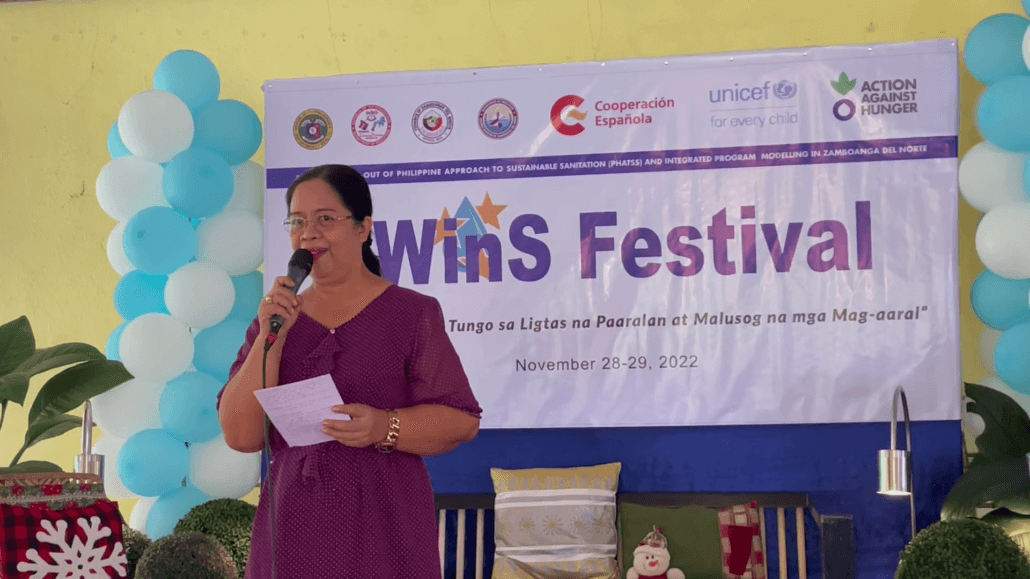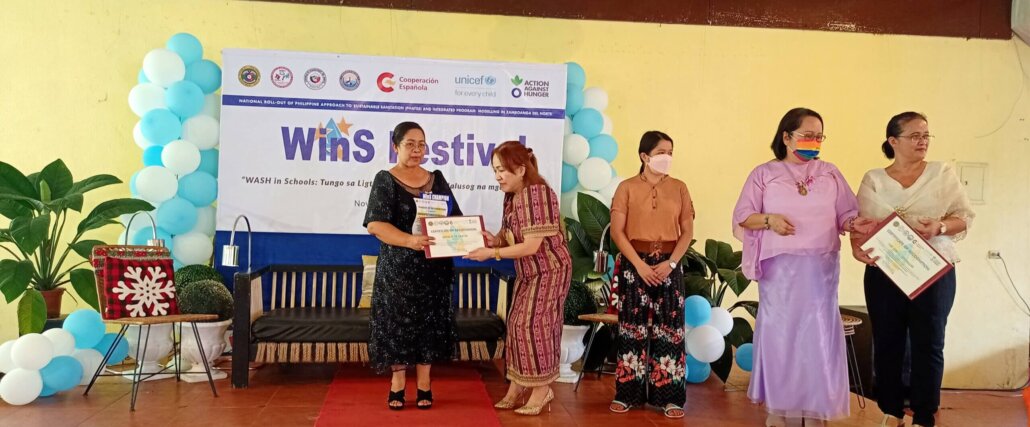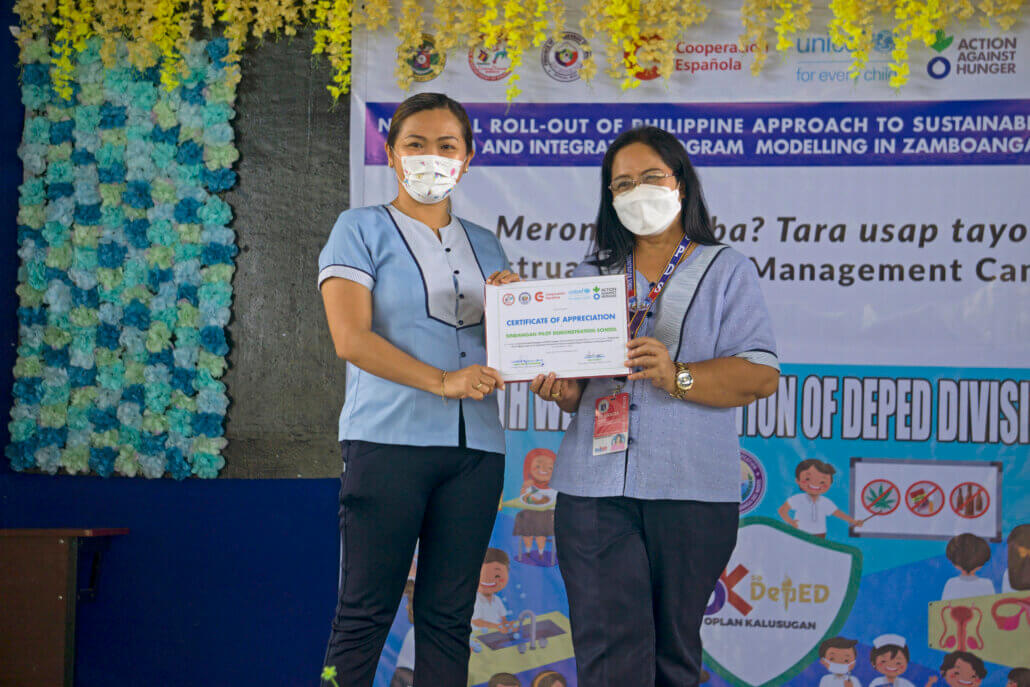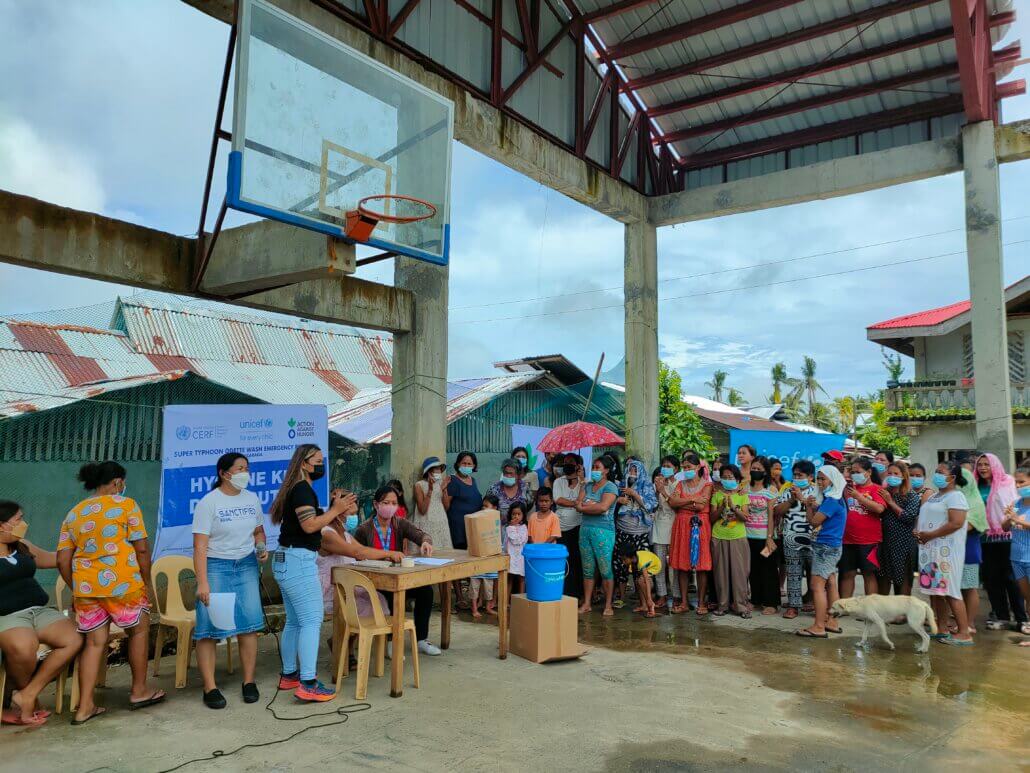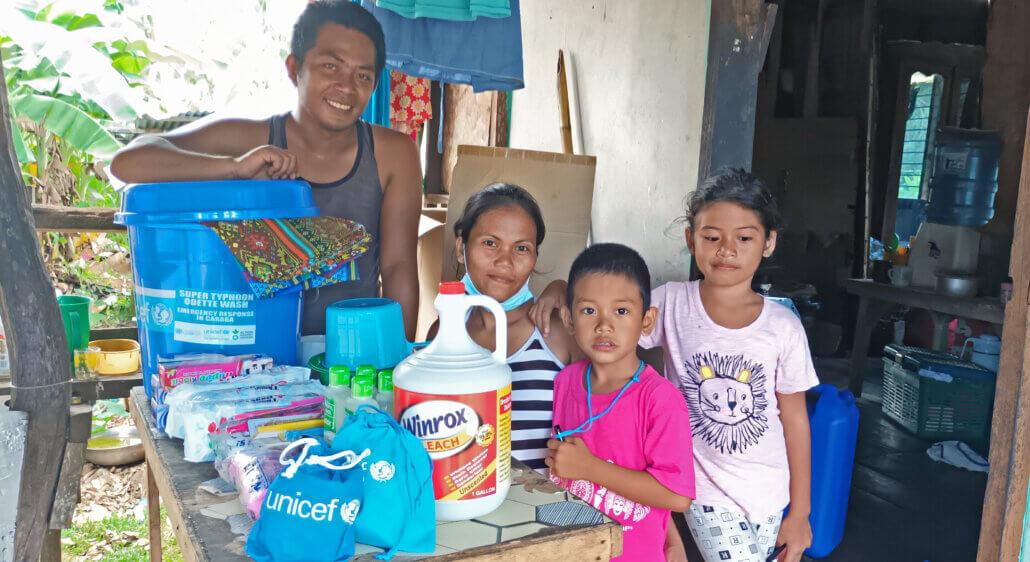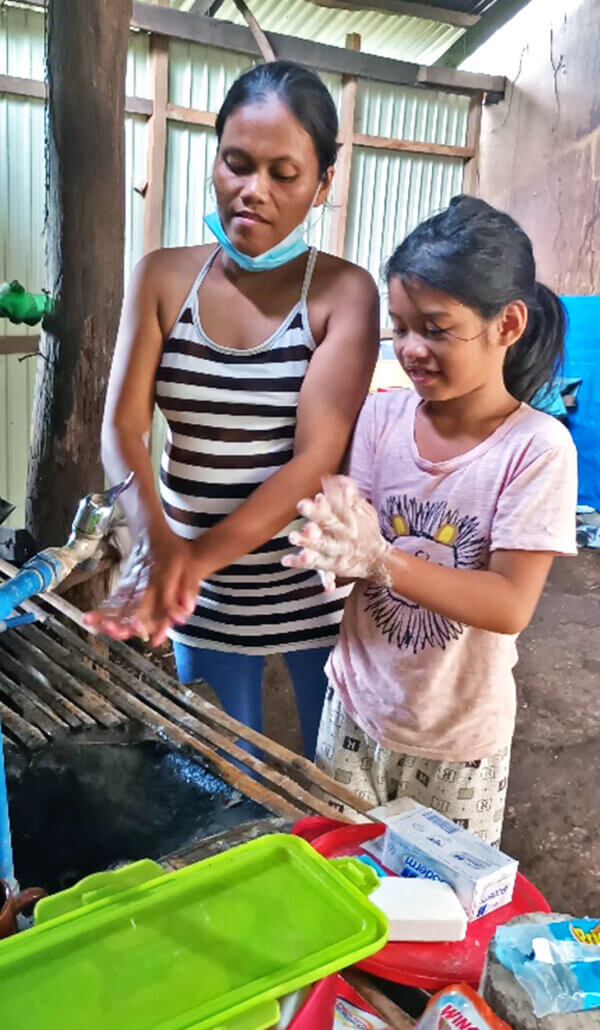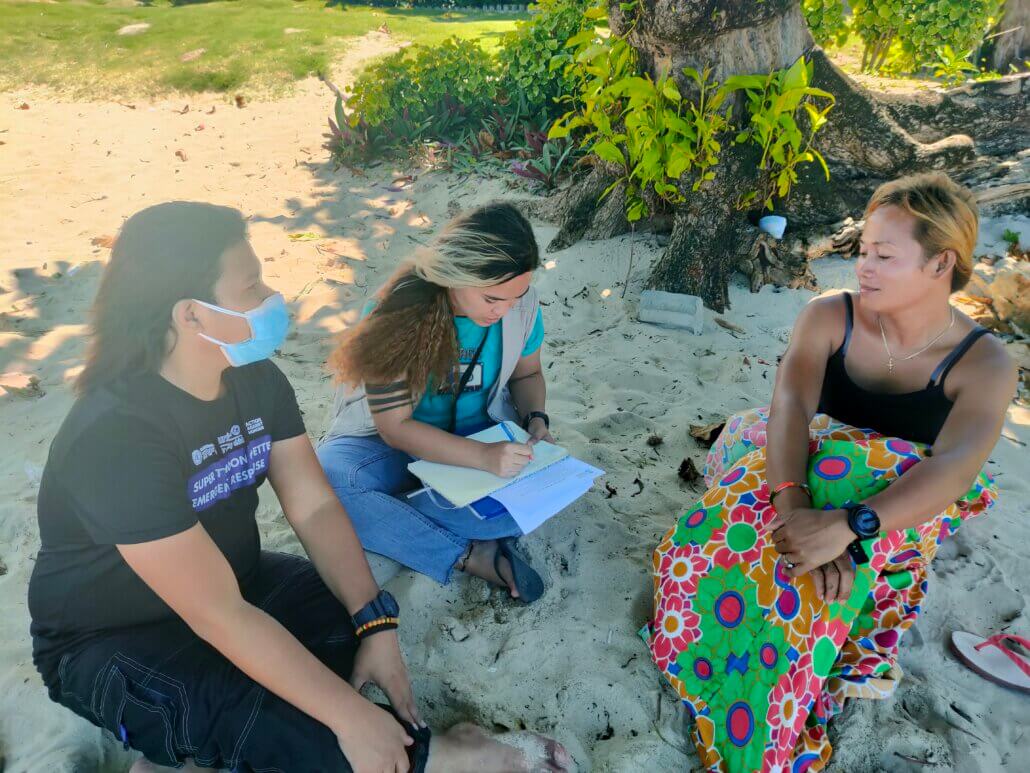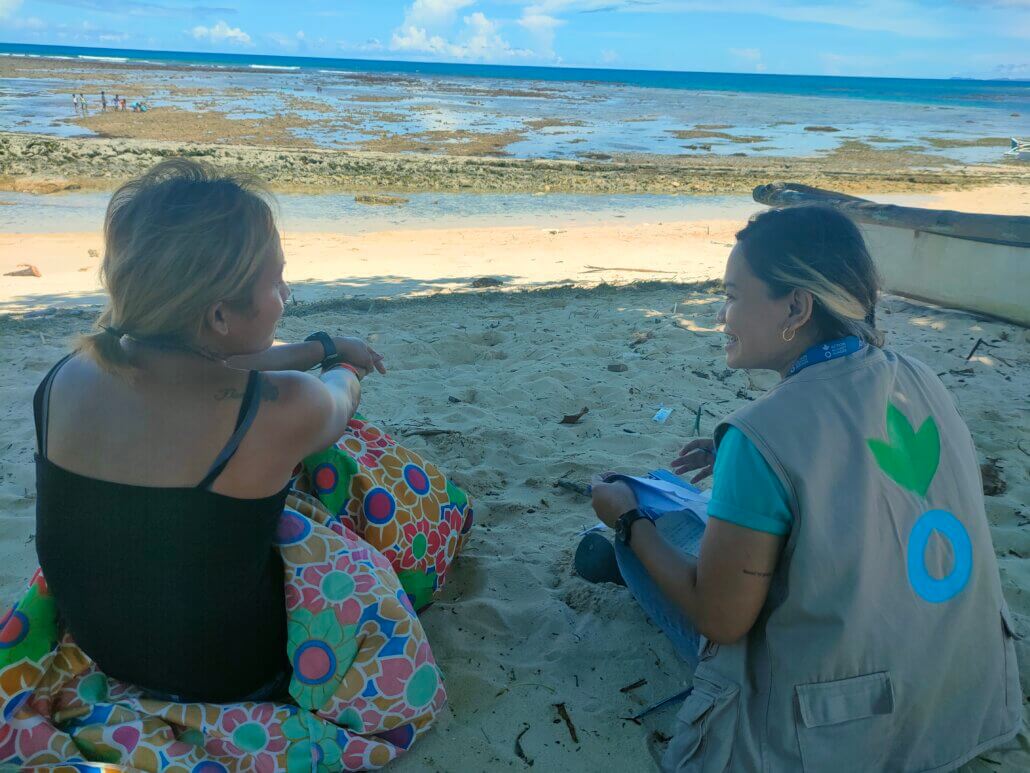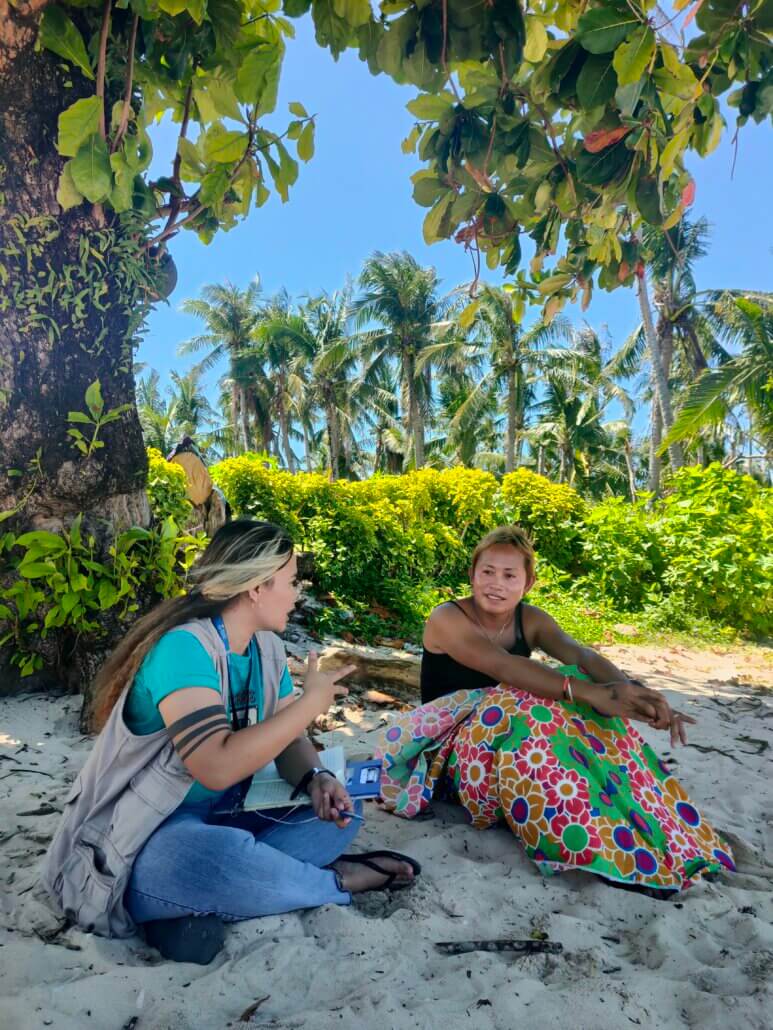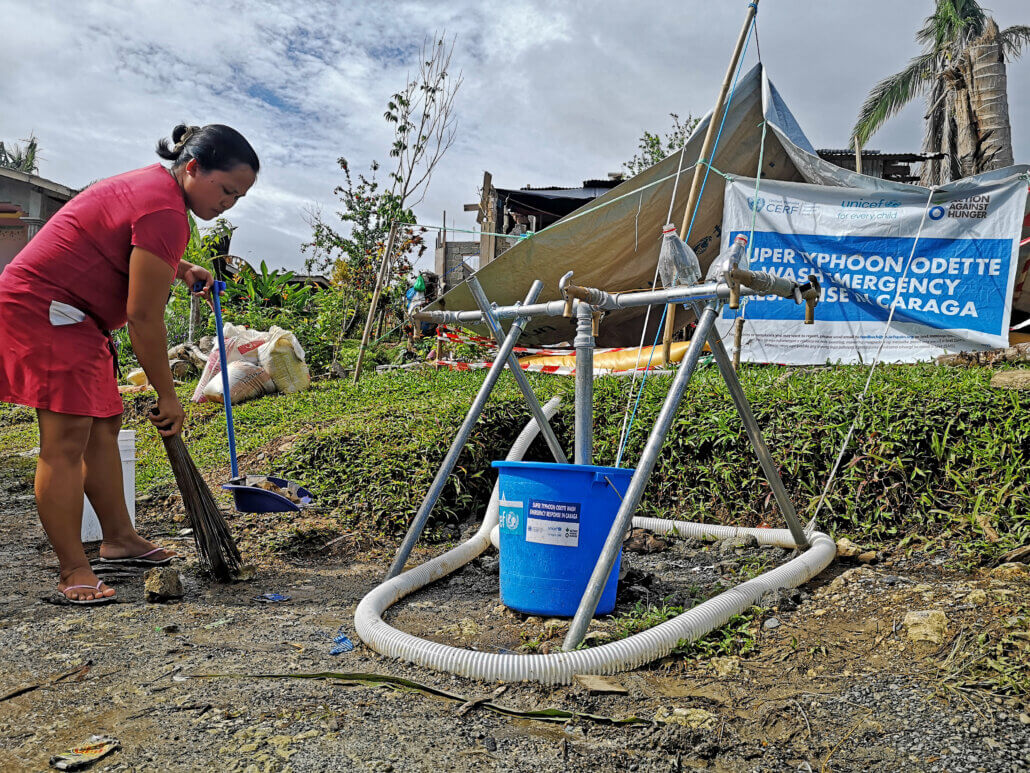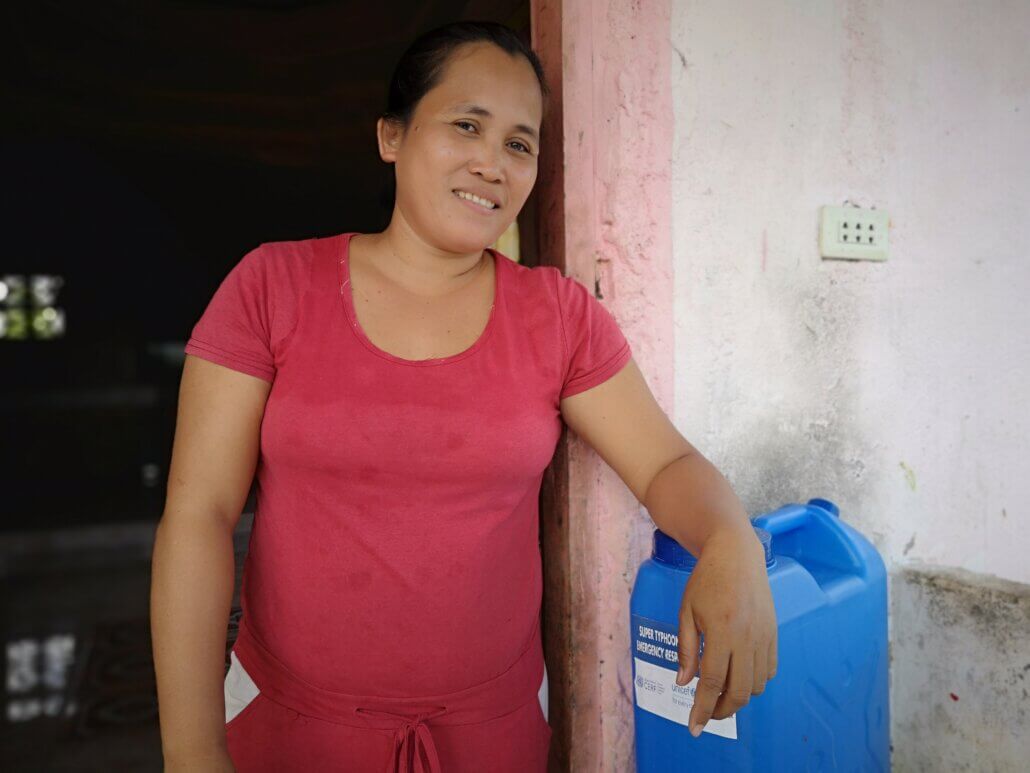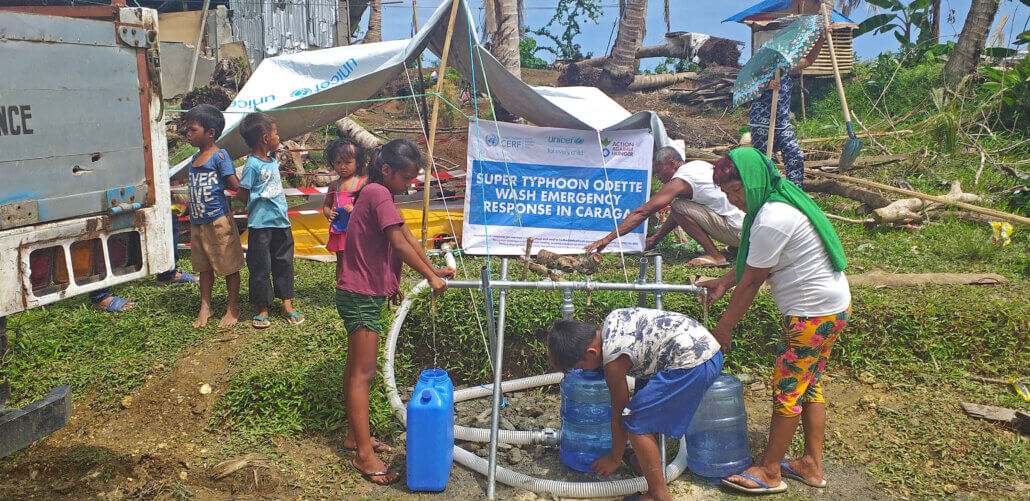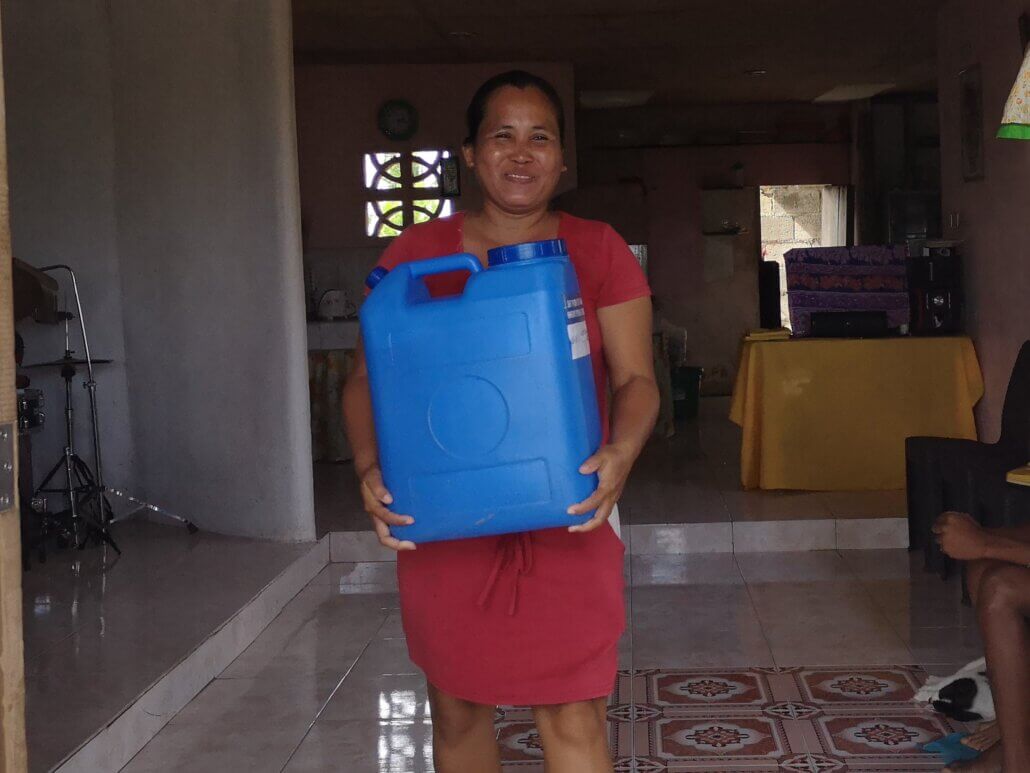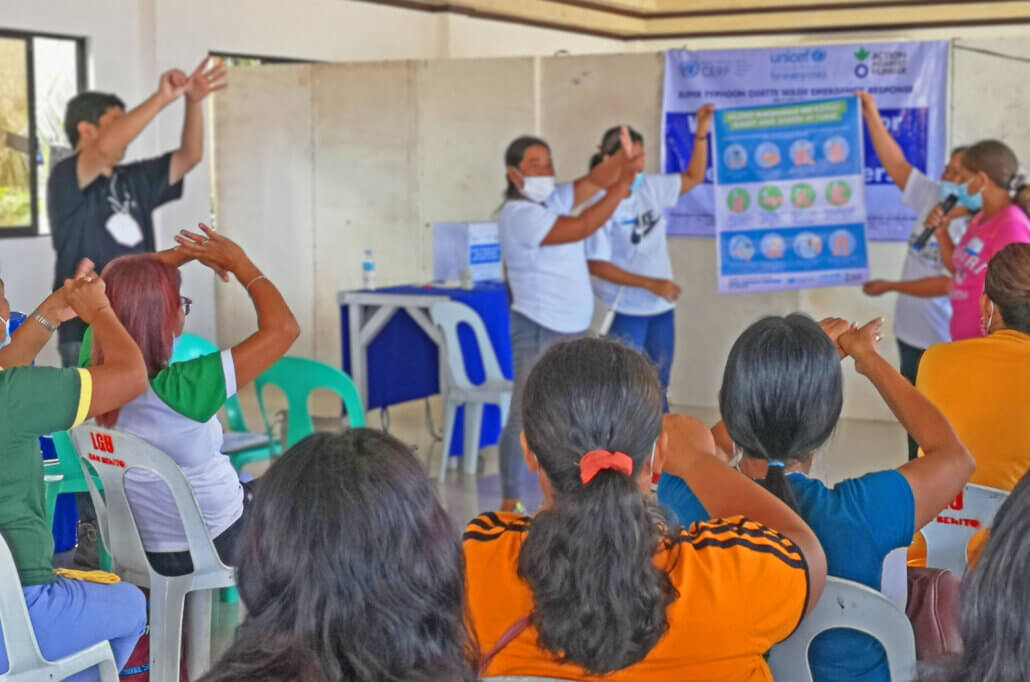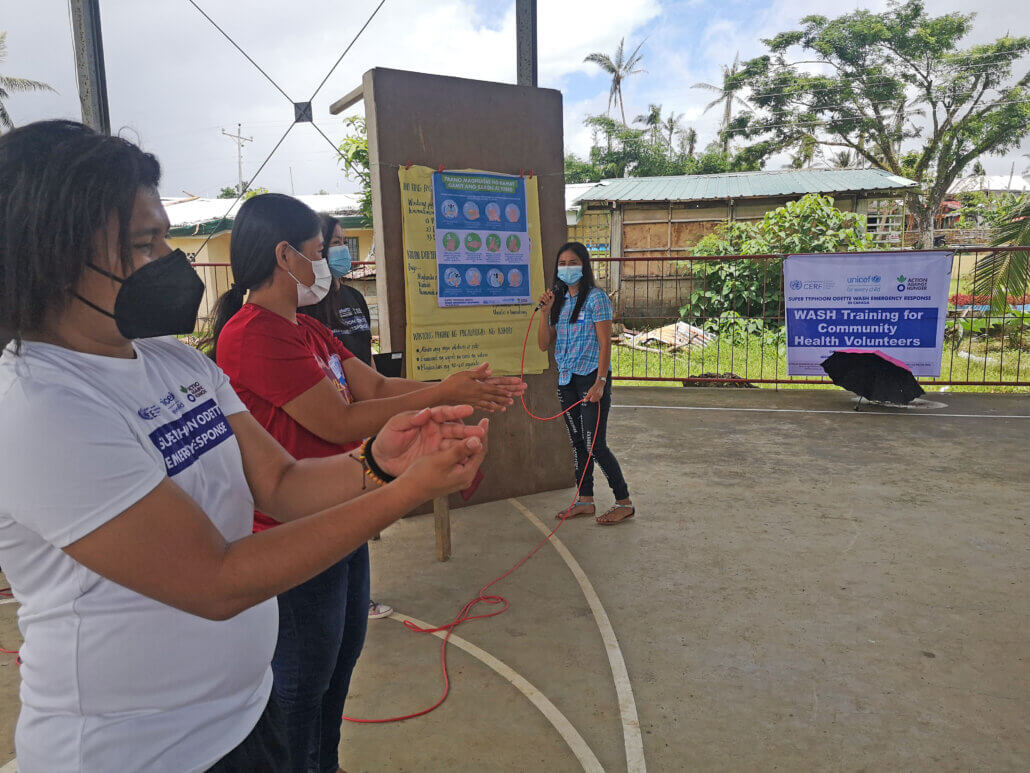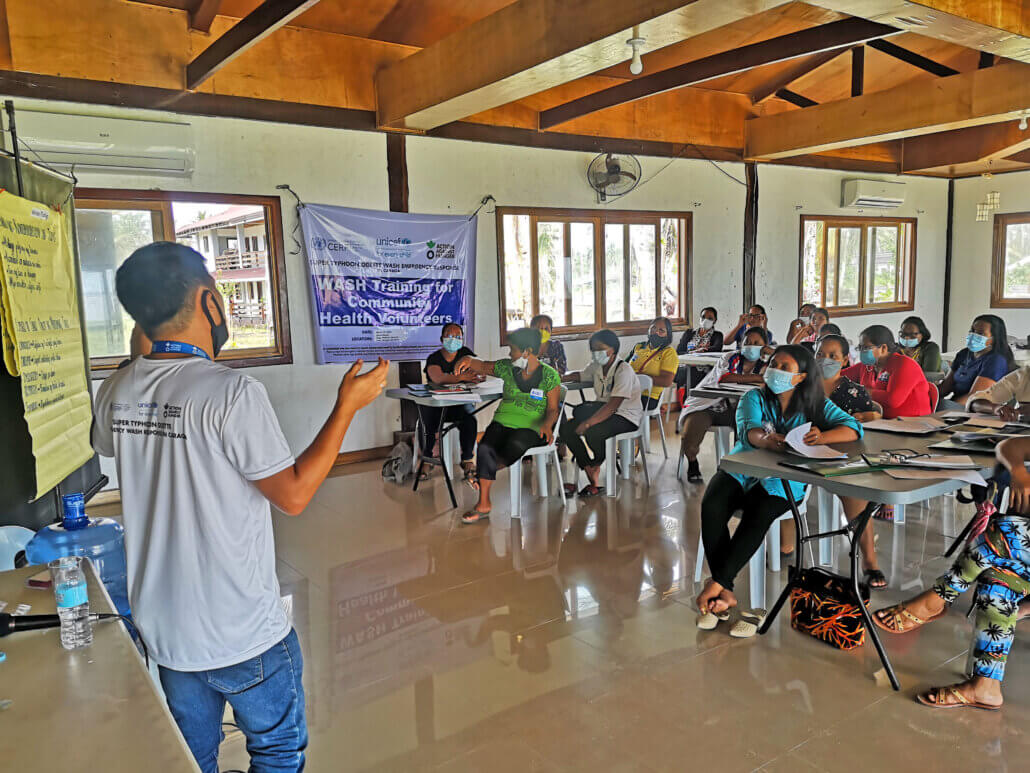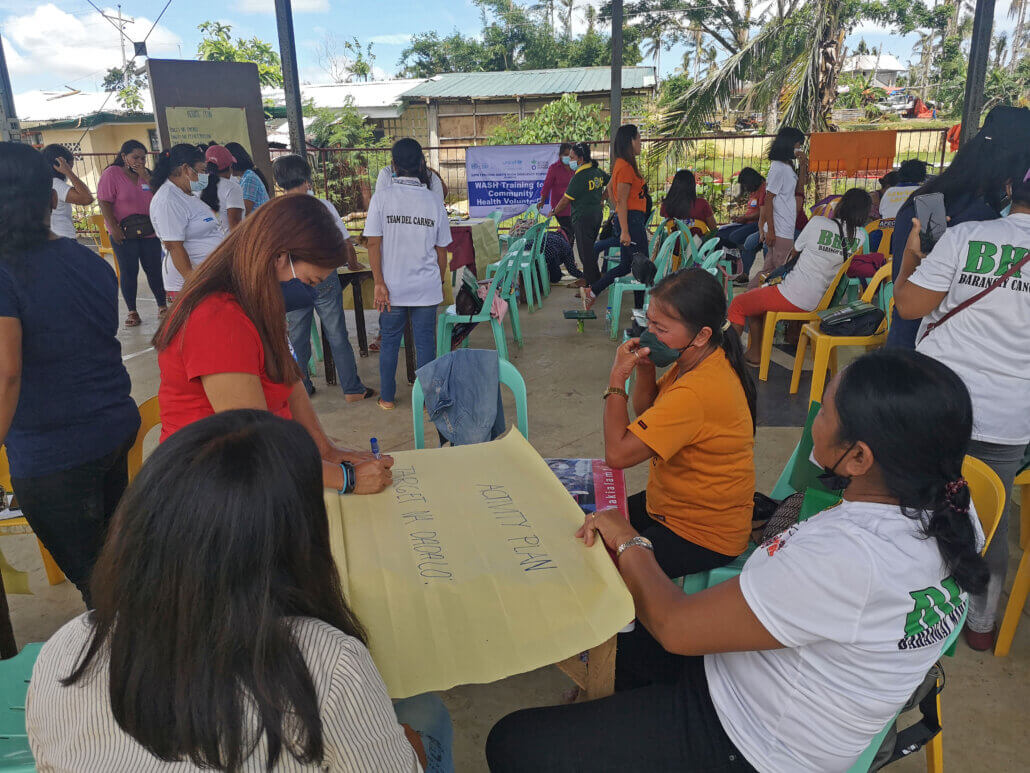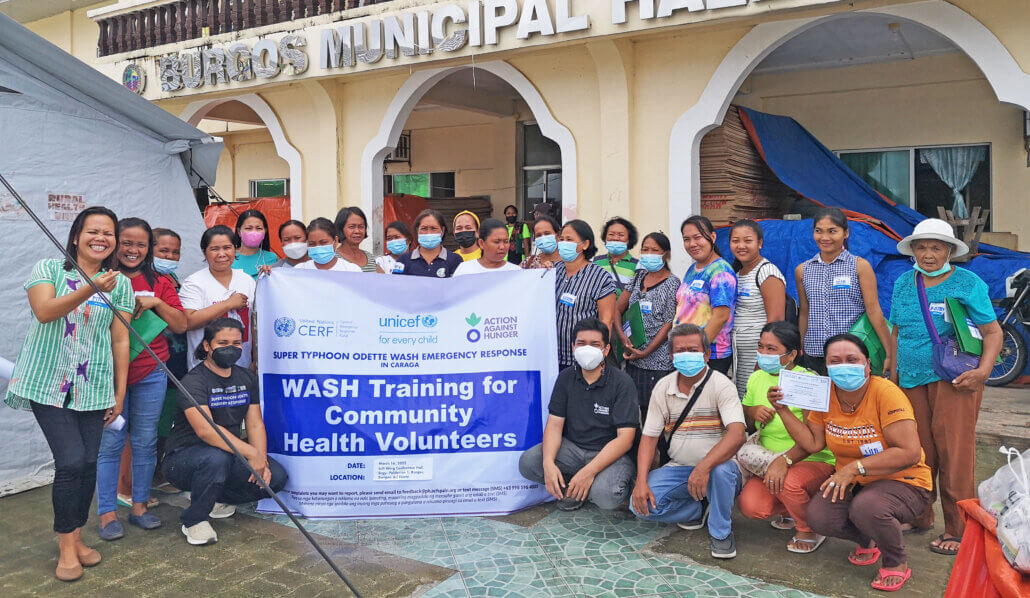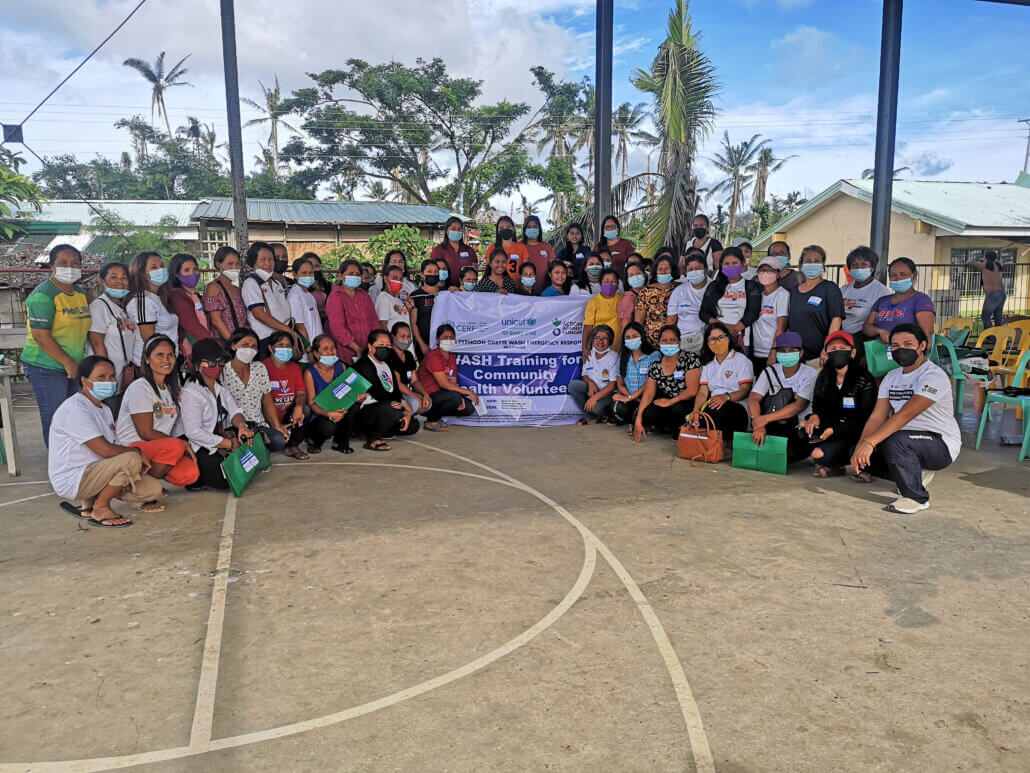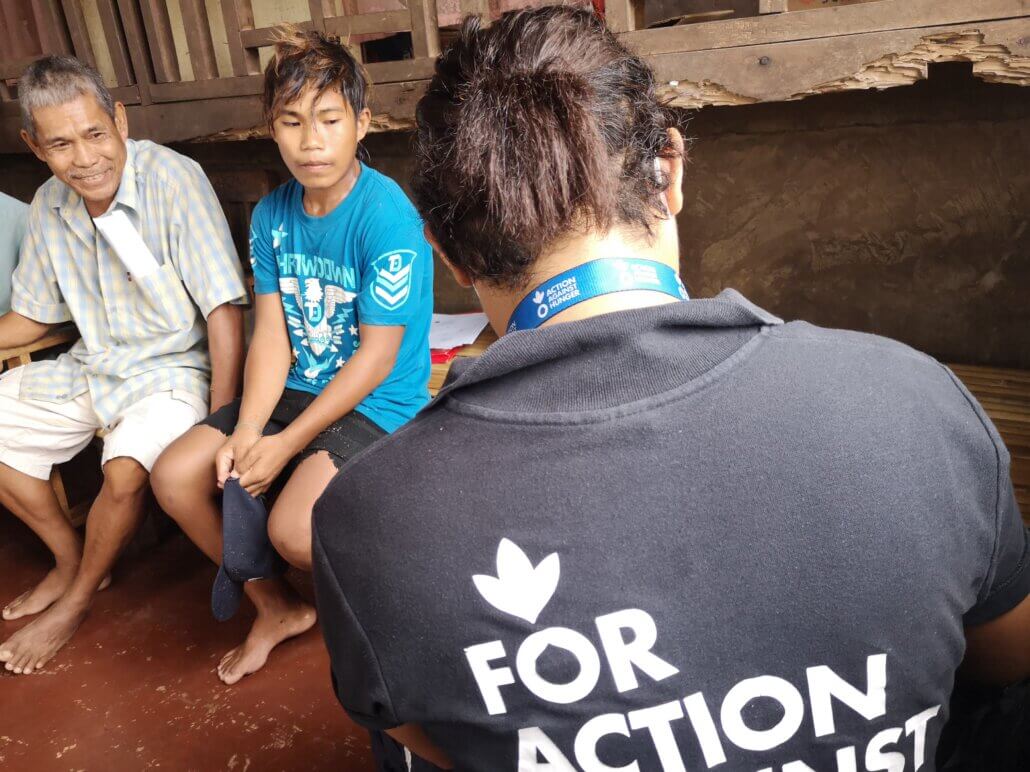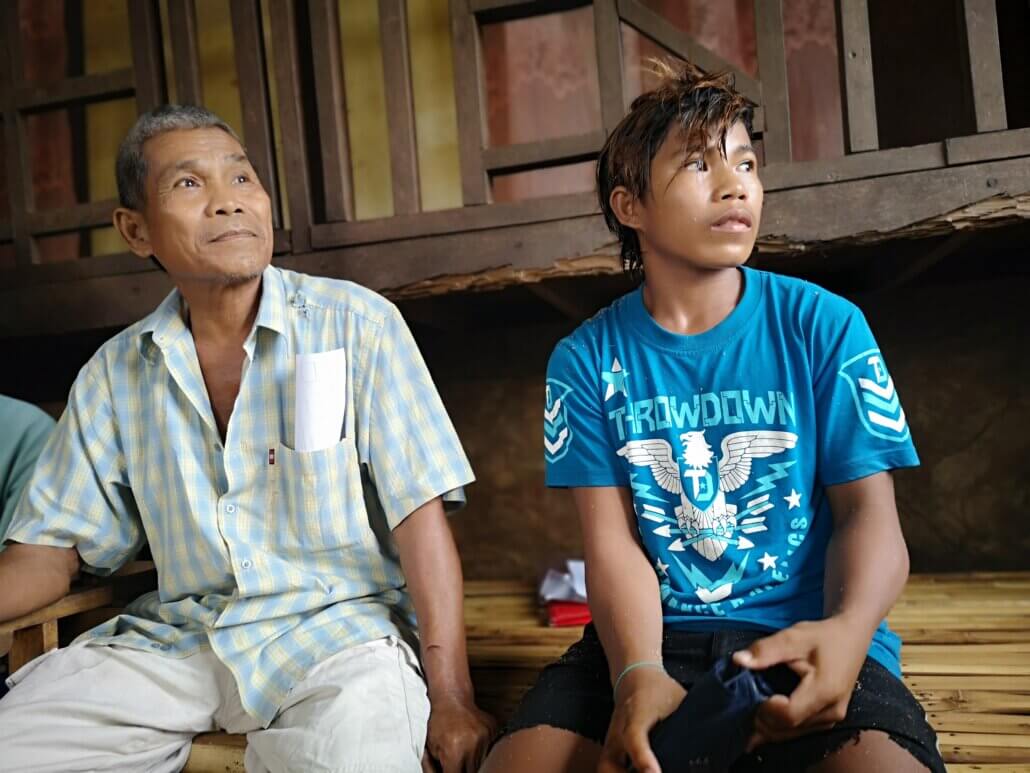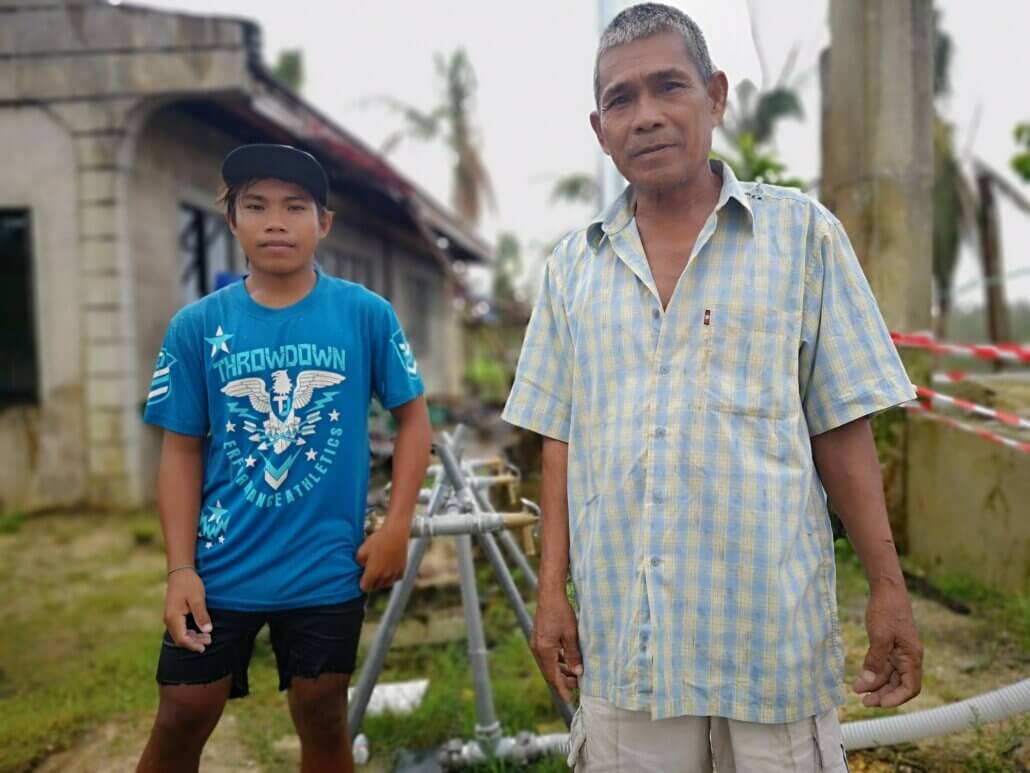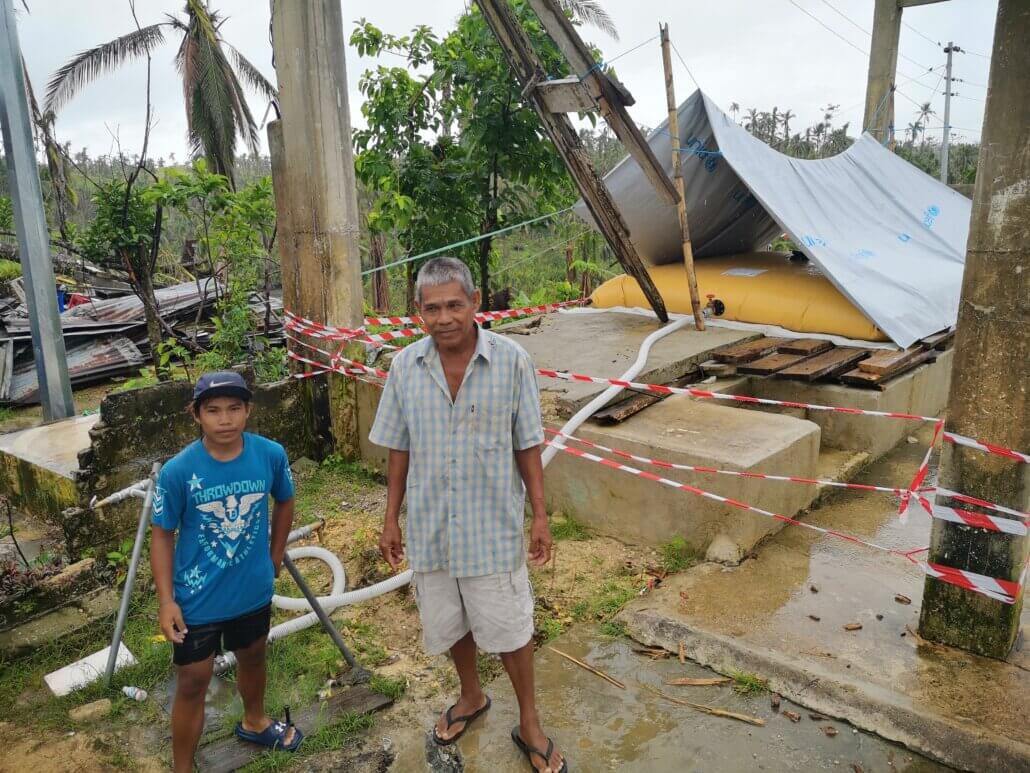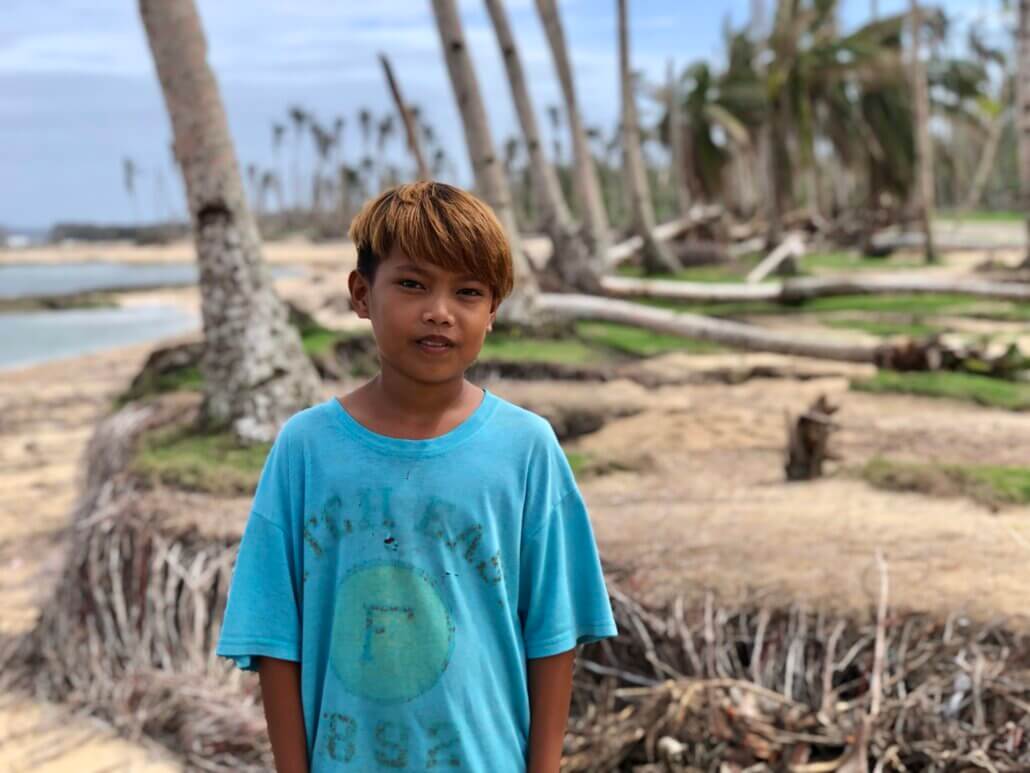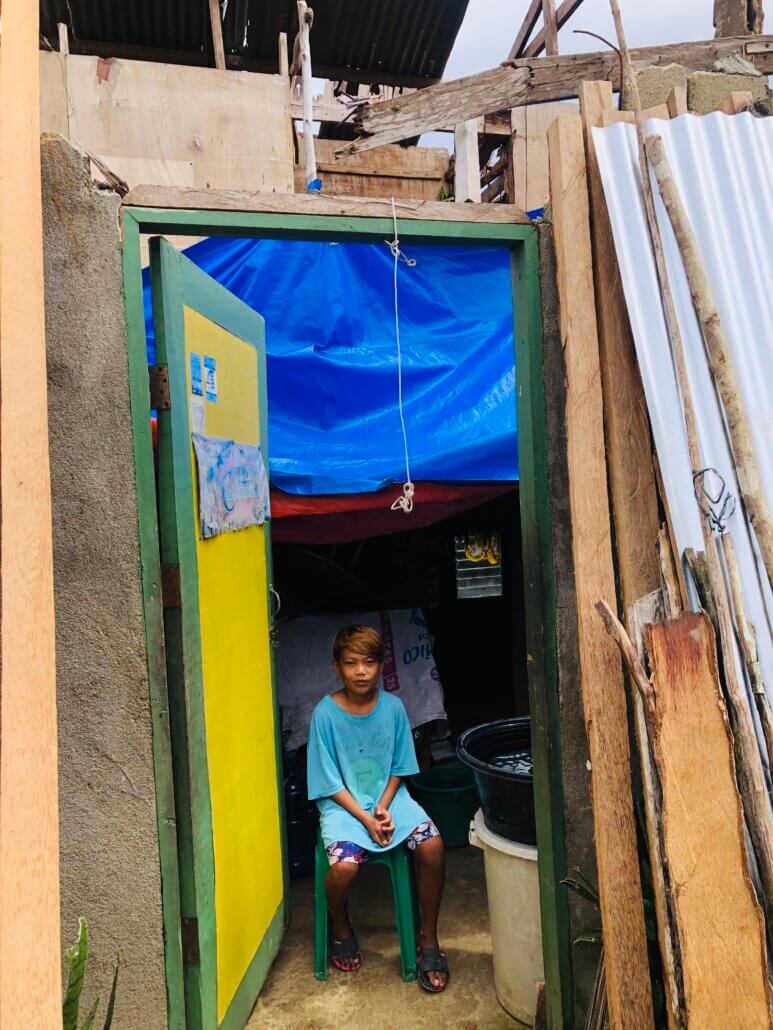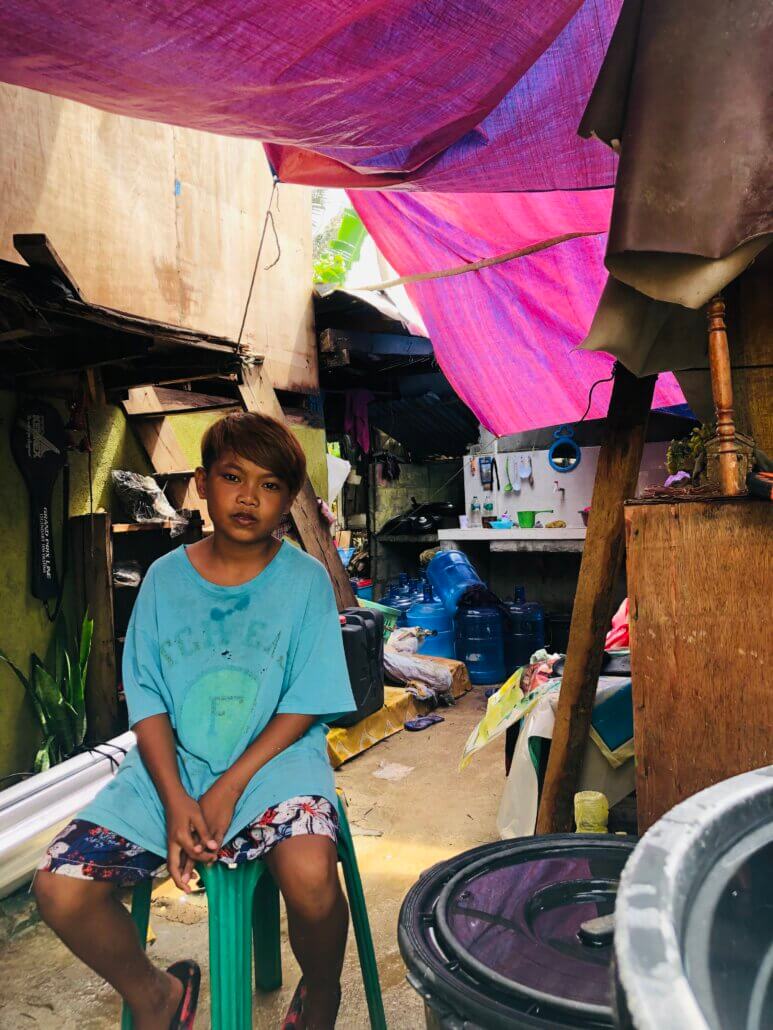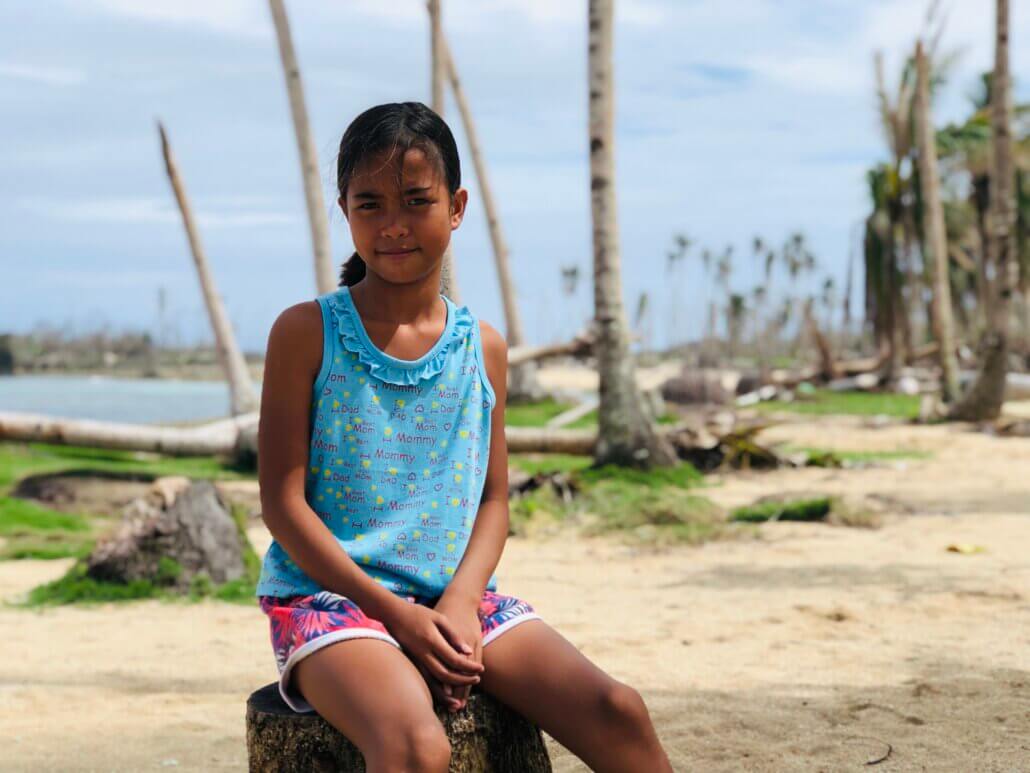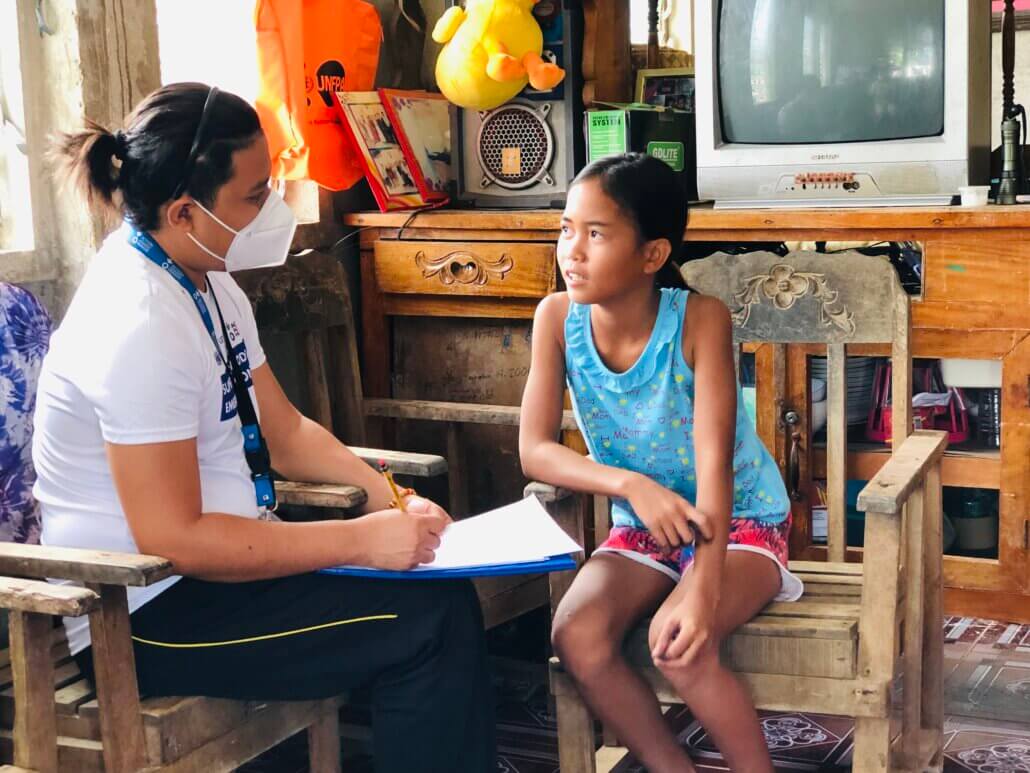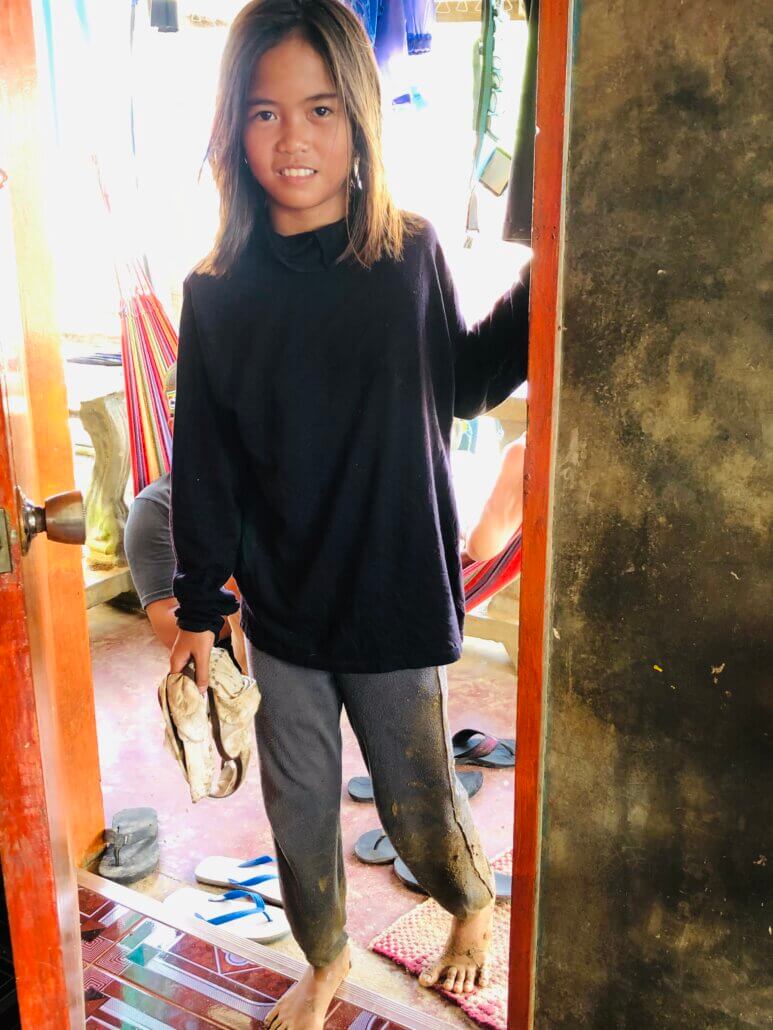
Shaping Healthy Communities through Inclusive Menstrual Hygiene Management
“Abi nako sakit siya or something. Nabalaka kaayo ko. So pag-abot ni Mama, ako dayun siya gi-estoryahan. (I thought it was kind of a disease. I got worried. So, I told my mom when she arrived home,” shares 12-year-old Ezzeah, a Grade 5 student in Sindangan Pilot Demonstration School (SPDS). She shares her story of when she had her first menstrual period two years ago.
The first menstrual period is a transforming event for girls. Dealing with menstruation for the first time was disquieting for Ezzeah. Her female peers had similar experiences. Nixie, age 10, says she felt uncomfortable, anxious, and even embarrassed when to her friends or teachers. She had instead called her grandmother to fetch her in school when she got her period.
On the contrary, 6th grader Lakiesha shared that she felt excited and happy when she finally got her first period. “Kabalo naman ko ato kay sige ko tudluan sa akong Ate og Mama kung dug-on. Na andam na (I already knew what to do when I had my period because my sister and my mom taught me how. I’ve been prepared),” she explained. But despite this, she still had a hard time. Some of their classmates would tease them if they had mood swings whenever they had their periods. Fortunately, Lakeisha knows how to handle such situations and would remind them that what she was experiencing was normal.
These girls first learned menstruation at home, so they understood it before their first period. However, misconceptions about menstruation were further clarified among their peers after a lesion on the reproductive system during class.
Open discussion with the students, both boys and girls, on menstrual hygiene was also helpful in containing bullying in school according to their teachers.
“Sa una, abi nako inig dug-on ang bayi kay mamatay na (At first, I thought girls would die when they had their period),” said one of the boys in Lakeisha’s class. Raising awareness on menstruation and menstrual hygiene allowed the students of Sindangan Pilot Demonstration School (SPDS) to be more sensitive to and supportive of their female classmates.
With Action Against Hunger’s support through the Sustainable Sanitation Project funded by UNICEF, the Schools Division of Zamboanga del Norte launched its first Menstrual Hygiene Management (MHM) Campaign last September 2022 at Sindangan Pilot Demonstration School. Ezzeah, Nixie, Lakeisha, Eric, and other students from grades 4 to 6 were among those who joined the campaign.
“All schools should have [WASH facilities] so that women will not be ashamed during their menstruation.”
Aside from being launched in SPDS, the campaign activity was also simultaneously launched across all educational institutions under the Schools Division Officer of Zamboanga del Norte. During the campaign, the Menstrual Hygiene Management materials that were used to educate and raise awareness were provided by Action Against Hunger with the collaboration of the SDO.
After the campaign, the students now emphasize the importance of period-friendly water, sanitation, and hygiene (WASH) facilities and having access to sanitary products in school so that everyone will be clean and comfortable, especially during menstruation. “All schools dapat may mga ing-ana (WASH facilities) para ang mga women dili na sila maulaw nga ginadugo sila (All schools should have [WASH facilities] so that women will not be ashamed during their menstruation),” Eric suggests.

For girls who have experienced menstruation, Ezzeah hopes for other girls to open up and never be afraid or ashamed. “She shares her advice to girls who experience bullying, “Dili jud maulaw. Mag-estorya jud og tinuod aron makabalo pud sila na mali ang ilang ginabuhat sa pagbully sa inyuha (Don’t be ashamed. Open-up so that they will know that bullying you is wrong).”

Teachers have expressed that the campaign was a great initiative to advocate for menstrual hygiene but stressed that this is only the first step. Teachers, parents, school heads, and the local government units should continuously work together in ensuring that the needs of all girls and boys that are crucial to their hygiene and health are sustainably achieved.

For example, the class advisers emphasized that it is very important for them as educators to provide guidance to their students on handling menstruation, for boys not to laugh at girls, and ensure that they have sanitary supplies available in their Health Corner. “Teachers always see to it that there’s open discussion among the students on menstrual hygiene,” said Teacher Manuelita, a homeroom adviser for the Grade 4 students.
“Part of our science lesson plan for grade 5 students is to talk about the puberty stage, menstruation, male and female reproductive system. Students are already informed about menstruation, and it is normal,” Teacher Anna mentioned. As an extra effort, she even advised her pupils to bring their MHM kits.
“Integrated man gud na siya sa lesson especially during the pandemic. Naapil na siya sa among Homeroom Guidance during the pandemic time (Menstruation is already integrated in our Homeroom Guidance especially during pandemic times),” Teacher Cicilia added.
“Teachers always see to it that there’s open discussion among the students on menstrual hygiene.”
The high awareness of the students on menstrual hygiene of SPDS is attributed to the guidance of their parents, lectures in school, and their easy access to social media. The head of Barangay Poblacion mentioned that the children of their community today are even more knowledgeable about menstruation because they can now access more information and raise awareness online.
Even the local government unit has its way of campaigning MHM through their Barangay Health Workers. They continue to educate their community on how to properly manage menstrual hygiene and debunk myths like “walking around the house” or “cracking an egg” during menstruation.
MHM awareness helps to develop not only the knowledge and understanding of the children on menstrual hygiene and their puberty but also helps to build self-awareness and respect. Agustina Magalso, the Assistant School Principal of SPDS, added that “once the child is already informed about Menstrual Hygiene Management, especially our young ladies, they will learn more about self-respect and self-value.”

Teachers and parents as well envision having an organized, safe, and sociable environment for their children without barriers between men and women, boys, and girls. To reach this vision, Ivie Ututalum, WASH in Schools (WinS) Coordinator, agrees that schools should improve WASH facilities and provide proper information about MHM. “Knowledge materials on menstrual hygiene should be visible,” she stressed.
Agustina also emphasized how important it is to sustain the advocacy, especially among girls with special needs enrolled in their Special Education. The school, with the support of the LGU and other stakeholders, will continue to strive for a better and safer environment for the younger generation.
The “National Roll-out of Philippine Approach to Sustainable Sanitation (PhATSS) and Integrated Program Modelling in Zamboanga del Norte,” is a project funded by the United Nations Children’s Fund (UNICEF) and implemented by Action Against Hunger.
One of the components of the project is to support the subnational implementation of PhATSS and WASH in Schools (WinS) within Zamboanga del Norte. Through the implementation of WINS, the PHATSS sanitation grade level of the province will scale up. This will ensure that school toilets are child-friendly, functional, and clean boys’ and girls’ toilets, including menstrual hygiene management.
Educating both girls and boys about menstruation is crucial to building empathy, understanding, and supportive environments. By fostering open and proactive conversations and promoting awareness and participation at the community level, we have the power to create a society that embraces menstruation as a normal part of life.
Written by Eden Somodio, edited by Joyce Sandajan


